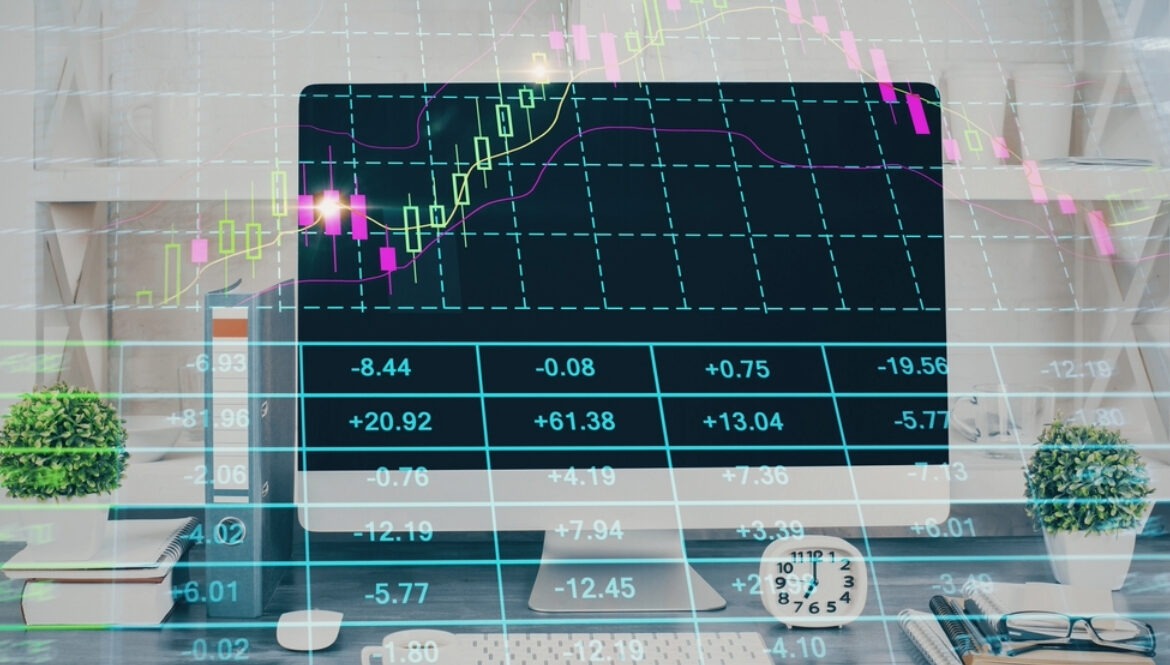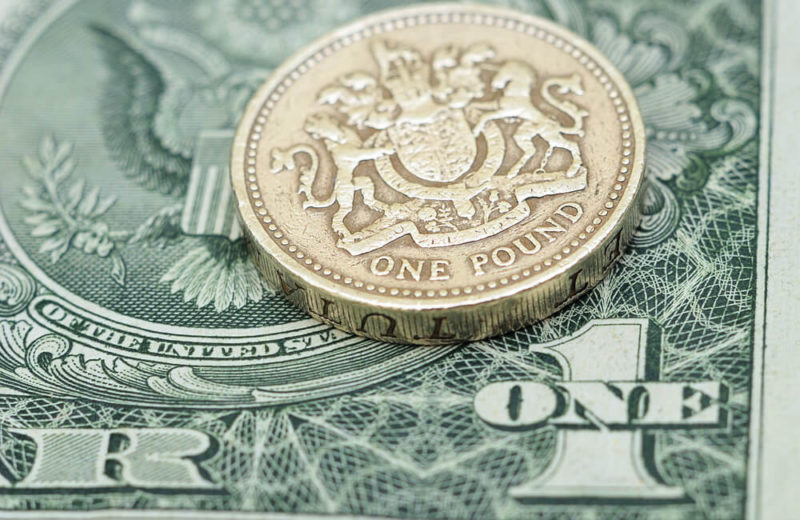In August 2021, Bangladesh’s foreign exchange (forex) reserves stood robust at $40.7 billion, embodying the nation’s economic strength. As the year progressed, the reserves gradually decreased, marking a significant phase in the nation’s financial history. By the close of the 2021-22 fiscal year, the reserves had dwindled to approximately $33.4 billion, heralding the onset of challenges that would test the nation’s economic resilience.
Challenges and Responses
December 2021 marked a pivotal moment as the reserves dipped below the $20 billion threshold. In response, Bangladesh navigated this turbulence by securing loans totalling $1.09 billion from the International Monetary Fund and the Asian Development Bank, reflecting its proactive stance in bolstering its economic defences.
From July to November 2022, the nation grappled with global economic pressures. Import expenditures saw a 20.94% year-on-year decrease, totalling $25.72 billion. This reduction mirrored the global economic constraints and highlighted the nation’s efforts to maintain fiscal stability amidst ongoing uncertainties.
Transitioning into 2023, the economic landscape presented a mixed picture. Remittances surged to $21.91 billion, marking a 2.96% year-on-year increase, while export earnings modestly rose to $55.78 billion, a 1.99% increase. However, these gains were tempered by a slowdown in apparel sales, a critical sector in Bangladesh’s economic framework.
The Geopolitical Impact and Strategic Maneuvering
As of the latest update, the nation’s forex reserves stood at $19.94 billion. This figure reflects the immediate fiscal status and the broader challenges ahead. The Russia-Ukraine conflict has led to a surge in global commodity prices, impacting import-dependent economies like Bangladesh. This geopolitical strife has increased commodity costs and intensified volatility in global markets, exerting unprecedented pressures on the nation’s reserve levels.
A poignant reflection on this scenario is the observation that “The volatility in the global market driven by the Russia-Ukraine conflict has sent commodity prices higher, affecting the reserve level of import-dependent countries such as Bangladesh.” This statement encapsulates the intricate interplay of global dynamics and their profound impact on national economies.
Strategic Resilience: Bangladesh’s Approach to Soaring Global Commodity Prices
The journey of Bangladesh’s forex reserves symbolizes a broader narrative of resilience and strategic manoeuvring. The nation has faced the twin challenges of dwindling remittances and exports, compounded by soaring global commodity prices. Despite these hurdles, Bangladesh has endeavoured to stem the tide through import restrictions and the pursuit of international loans.
The trajectory of Bangladesh’s forex reserves is more than a financial story; it is a testament to the nation’s perseverance and strategic foresight in navigating the complex landscape of global economic intricacies. The nation’s future economic efforts will surely be grounded in the resilience and adaptability demonstrated in its progress.















